EL PASO, Texas, Nov 02, (V7N) — Hector Gonzalez, a 23-year-old Venezuelan aspiring barber, dreams of starting fresh in New York City. Recently, he and other young Venezuelan migrants found themselves under scrutiny by El Paso police, who mistakenly associated their appearance—backward caps and tattoos—with gang activity.
The police, some wearing masks, searched the men for evidence of gang affiliation, particularly with Tren de Aragua, a Venezuelan gang that has gained attention in U.S. politics. Former President Donald Trump highlighted the gang during a debate, claiming they had “taken over” cities like Aurora, Colorado.
Despite these claims, law enforcement officials describe Tren de Aragua as a small, opportunistic group. Although the gang has been linked to some crimes, they are not nearly as powerful as larger gangs like MS-13. Reports indicate that fewer than 135 confirmed members have been arrested across the U.S., contradicting claims of a widespread presence.
Since 2021, over 760,000 Venezuelans have sought asylum at the U.S.-Mexico border, fleeing violence and repression. Law enforcement officials acknowledge that while some members of Tren de Aragua may have entered the U.S., the group remains fragmented and lacks the organizational strength seen in more established gangs.
In Aurora, police have identified some individuals believed to be connected to the gang but downplayed fears of a gang takeover. Police Chief Todd Chamberlain stated that the city is not “overrun” by gangs and emphasized ongoing efforts to address crime.
At migrant shelters in El Paso, including the Sacred Heart Catholic Church, officials report no evidence of Tren de Aragua presence among the migrants they assist. The environment in these shelters has changed recently, with fewer migrants arriving due to tougher enforcement measures.
Gonzalez and others like him navigate life in a border city filled with uncertainty. He remains focused on his dream of becoming a barber, despite the challenges posed by societal perceptions and law enforcement's scrutiny of young men with tattoos.
As the situation evolves, local leaders and migrant advocates stress the importance of separating fact from fear-mongering to foster understanding and safety for all.
END/NYC/SMA/



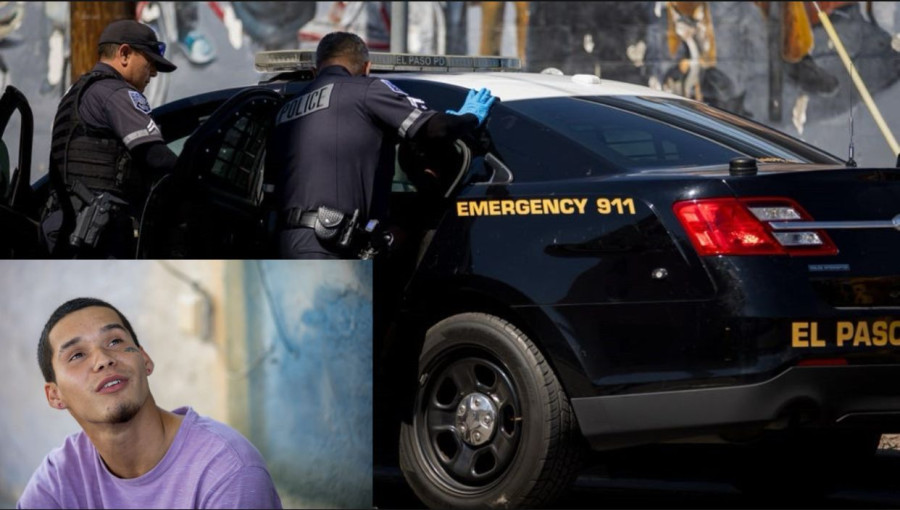






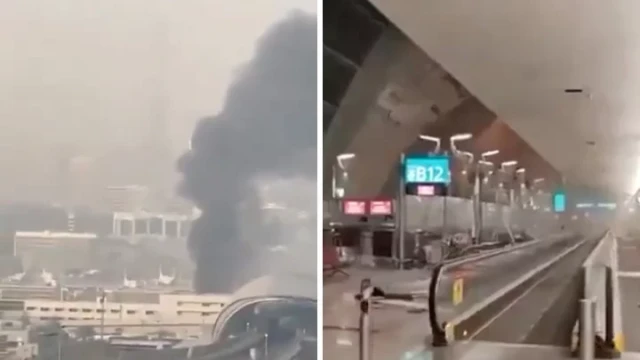

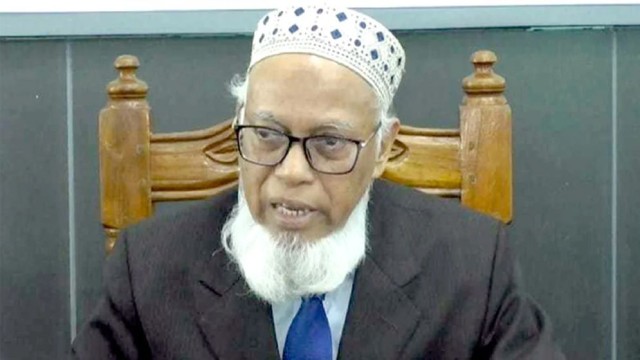

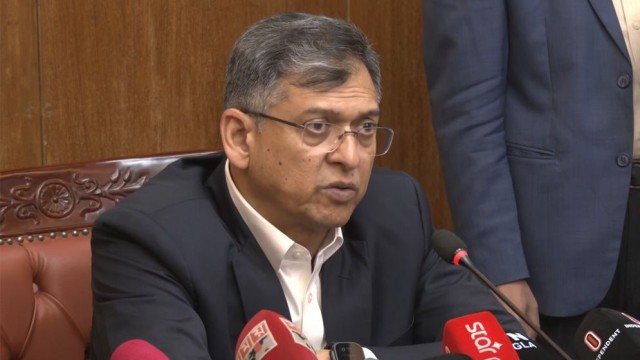


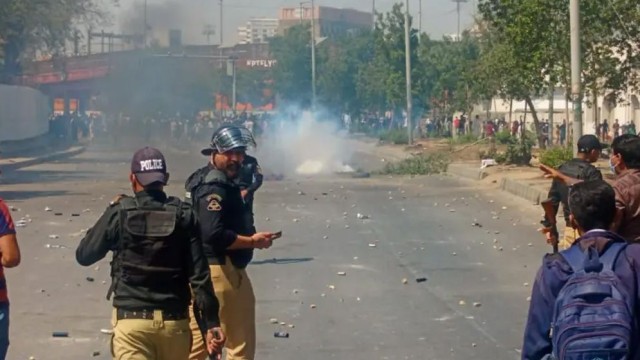

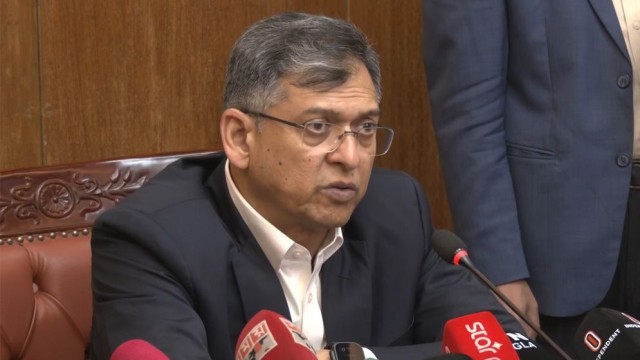










Comment: